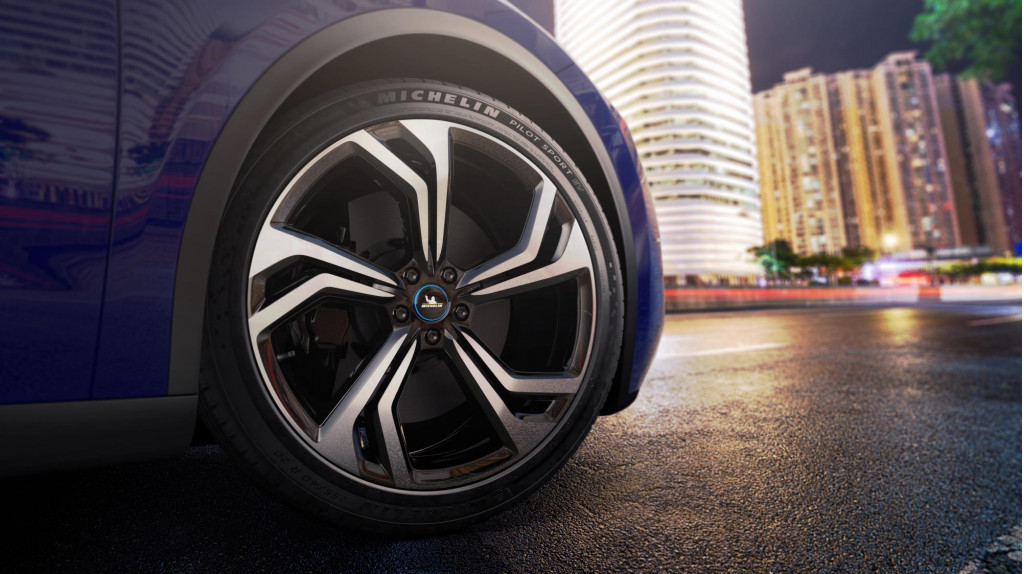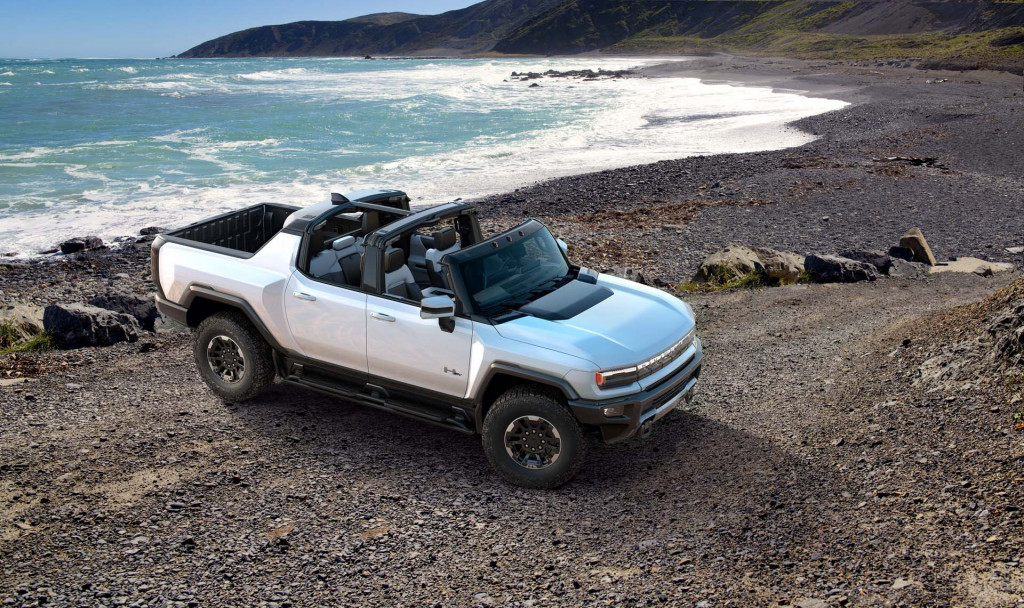Putting bigger battery packs in EVs can boost range, but a new study suggests it could also lead to a major increase in particulate emissions—from tires.
The study comes from Emissions Analytics, a U.K.-based independent emissions testing firm. It first began sounding the alarm in 2020, publishing a study showing that tire-wear particulate emissions were 1,000 times worse than tailpipe emissions.
That study was designed to quantify the worst-case tire emissions under legal driving, Green Car Congress noted. The latest study is based on more detailed analysis conducted in the interim, encompassing a wider range of driving conditions. Emissions Analytics has also performed chemical analysis of hundreds of new tires, even working with the U.K.'s National Physical Laboratory to quantify uncertainties in chemical composition.

Michelin Pilot Sport EV tire for electric cars
The result? Emissions Analytics now concludes that—in normal driving—tire-wear particulate emissions are 1,850 times greater than tailpipe particulate emissions.
"The fundamental trends that drive this ratio are: tailpipe particulate emissions are much lower on new cars, and tire wear emissions increase with vehicle mass and aggressiveness of driving style," according to Emissions Analytics.
That doesn't bode well for larger EV battery packs, which contribute a significant amount of weight. Half a metric ton of battery weight can cause tire emissions 400 times greater than real-world tailpipe emissions, everything else being equal," Emissions Analytics concluded.

2022 GMC Hummer EV
The organization did note that tailpipe emissions are suspended in the air for a time, negatively affecting air quality, while tire emissions tend to go straight to soil and water. Emissions Analytics also concluded that around 11% of the mass of tire emissions is smaller than 2.5 microns in diameter. That's the threshold for airborne particulates that can cause respiratory issues.
Tailpipe emissions are still a major issue—particularly in terms of climate change. But as new cars get more efficient and EVs begin to make up a larger share of the fleet, the environmental impact of tire emissions will have to be addressed. In addition to particulates, a 2021 study found that tires were a significant contributor to microplastic pollution.
This has some inventors—like researchers at Dyson—coming up with novel ways to help vehicles clean up as they go. Regulators must also address tire recycling so used tires don't generate pollution through disposal.












